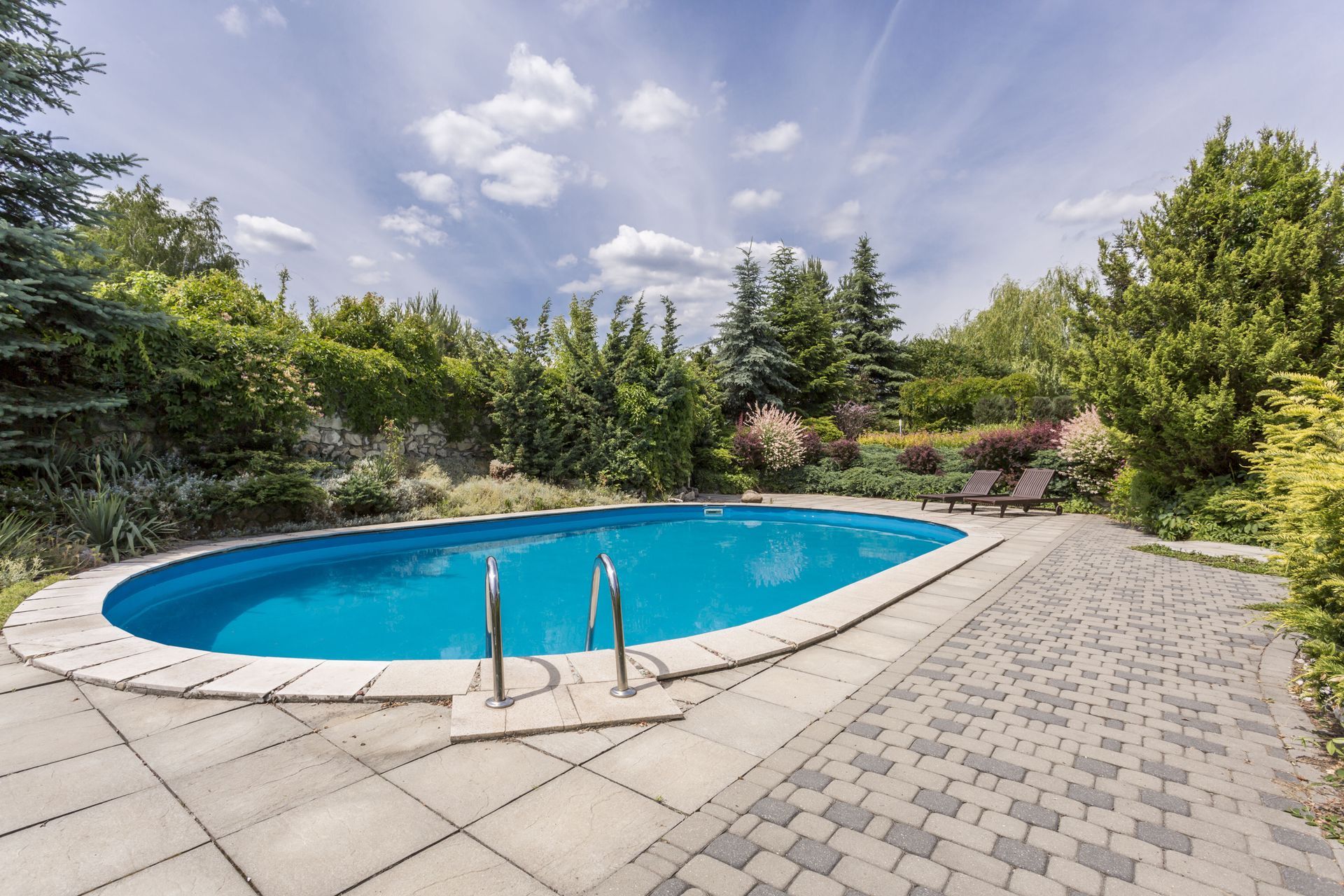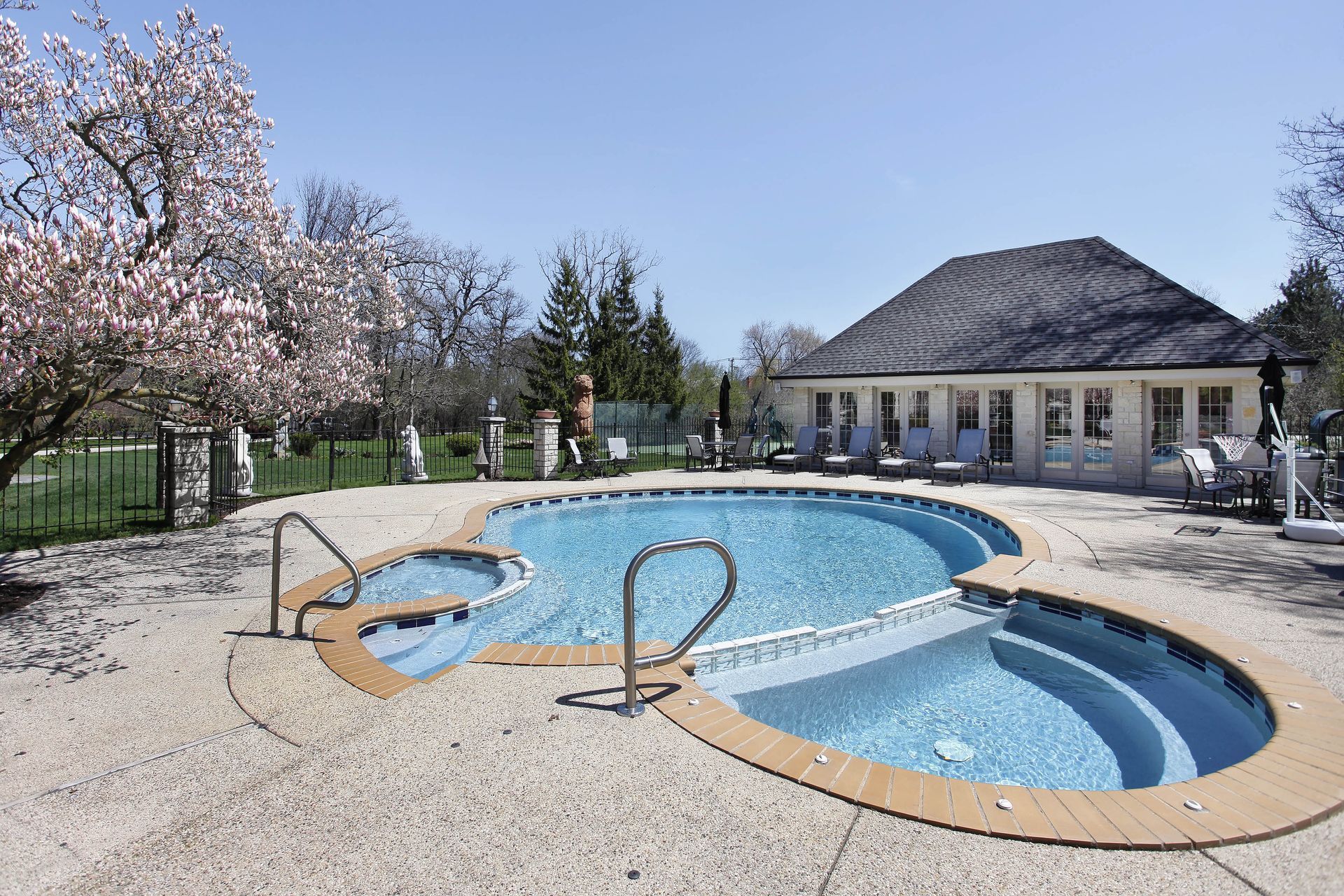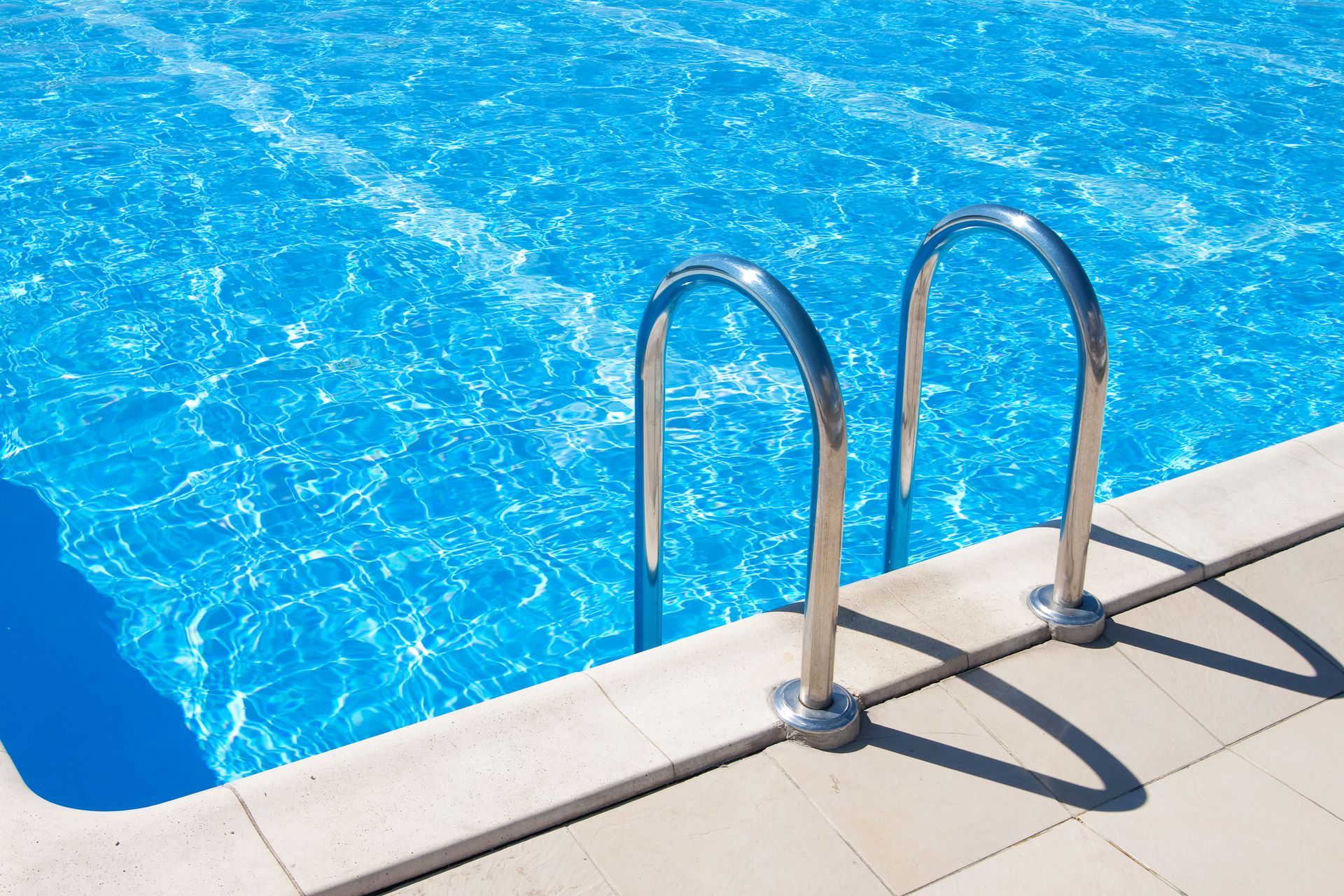How Timely Pool Repairs Save You Thousands Over Time
In today’s economic climate, maintaining home amenities can be challenging, but neglecting them often leads to far higher costs. A pool is one of the most valuable features of a home. It requires consistent upkeep, and when problems arise, timely action is critical. Prompt pool repairs not only prevent bigger, costlier issues but also extend the life of your investment.
According to Fixr, most in-ground pools last around 30 years or more with proper maintenance, while above-ground pools last 15 to 20 years. That’s decades of enjoyment, if you address repairs promptly and maintain the pool consistently. Here’s how timely pool repairs can protect your budget and boost your pool’s lifespan.
Stop Water Loss and Cut Utility Cost
Leaks in a pool may seem small at first, but they can become major budget drains over time. Even a hairline crack or deteriorating seal can lead to thousands of gallons of water loss each month, which adds up quickly on your water bill. Left unchecked, leaks can also lead to soil erosion around the pool, destabilizing the structure.
Spotting these problems early is critical. Simple steps like regularly checking water levels, inspecting the surrounding ground for damp spots, and monitoring your water bill for unexplained spikes can help detect issues before they worsen. Professional leak detection services use specialized tools, such as acoustic listening devices and dye tests, to locate leaks with pinpoint accuracy.
Repairing cracks in the pool shell, sealing expansion joints, and replacing worn gaskets or fittings prevents this ongoing water loss. In addition, keeping plumbing lines intact and ensuring pumps, filters, and heaters are in good working order helps avoid extra strain on equipment. Overworked systems consume more electricity, further increasing utility costs.
Modern leak detection technology is worth the investment. Unlike older methods that required draining the pool or tearing out sections of decking, these non-invasive techniques identify the problem quickly and reduce repair disruption. Acting promptly on these findings means water stays in your pool, not leaking into the ground or your wallet.
Extend the Life of Your Pool Equipment
Your pool equipment is the engine that keeps your water clean, clear, and safe. Pumps circulate water, filters remove debris, heaters maintain a comfortable temperature, and automatic cleaners reduce the workload on you. If any of these systems are forced to run under strain, whether from leaks, blockages, or poor maintenance, they wear out much faster.
Routine inspections keep equipment in top condition. Cleaning or replacing filters prevents clogs that can cause pumps to overheat. Servicing pumps ensures they’re operating at optimal pressure and without unusual noise, both of which can signal deeper mechanical problems. Heaters should be checked for corrosion, scaling, or faulty sensors that reduce efficiency.
Even automatic cleaners, which are often “set and forget” devices, benefit from regular maintenance. Clearing obstructions from hoses, replacing worn brushes, and checking motor function will keep them performing well. Maintaining balanced water chemistry is equally important, as incorrect chemical levels can corrode metal components or cause mineral buildup in pipes.
Each timely Pool Repair or tune-up delays the need for expensive replacements, extends the useful life of your systems, and ensures that the entire pool operates efficiently. Over time, this preventive care can save you thousands of dollars in equipment costs.
Preserve Appearance and Property VALUE
A pool is more than a place to swim; it’s a visual centerpiece for your yard. When it looks clean, well-maintained, and inviting, it boosts your property’s overall appeal and resale value. However, neglecting its appearance can have the opposite effect.
Damaged tile, cracked coping, and worn plaster are not just cosmetic concerns—they can also allow water intrusion and lead to structural damage. By addressing these issues early, you protect both the pool’s beauty and its integrity. Regular tile cleaning, regrouting, and replacing broken pieces keep the surface safe and attractive.
Decking and coping should be repaired promptly to maintain a seamless, polished look. A well-maintained pool deck also reduces trip hazards, enhancing both beauty and safety. Preventing algae blooms with consistent cleaning and chemical treatments not only keeps the water sparkling but also avoids staining and surface damage.
Lighting and landscaping play an important role as well. Replacing burnt-out bulbs, repairing fixtures, and keeping the surrounding greenery trimmed ensures the pool area stays welcoming both day and night. These small, timely pool repairs and enhancements preserve your home’s value and make your outdoor space a true asset.
Reduce Safety Risks and LIABILITY
Safety is non-negotiable when it comes to pool ownership. A beautiful pool that poses hazards is a liability, not an asset. Neglected safety features can lead to injuries, medical bills, and even lawsuits, costs that far outweigh the expense of maintenance.
Loose ladders or unstable handrails should be repaired or replaced immediately to prevent falls. Deck surfaces should be inspected for worn or missing non-slip coatings that help prevent slips, especially when wet. Even small patches of smooth or worn concrete can be dangerous.
Water chemistry plays a major safety role as well. Unbalanced water can cause skin irritation, eye problems, or even respiratory issues for swimmers. It can also damage pool components, leading to more frequent repairs. Testing chemical levels regularly and adjusting as needed is a low-cost, high-impact preventive measure.
Fences, gates, and other barriers are critical for preventing unauthorized access, particularly for households with children or pets. Local regulations often require these safety features, and failing to maintain them can result in fines or legal consequences. Finally, emergency equipment like life rings, reaching poles, and first-aid kits should always be in good condition and easily accessible.
By prioritizing these safety-related pool repairs, you create a secure swimming environment while protecting yourself from costly liability risks.
Prevent Structural Damage
The structural integrity of your pool is the foundation—literally—of its longevity. Small cracks, loose tiles, or eroded surfaces may seem minor, but they can quickly develop into significant structural problems if ignored.
Resurfacing the pool at recommended intervals helps protect against leaks and deterioration caused by chemicals, UV exposure, and constant water pressure. This process not only restores appearance but also creates a watertight barrier that shields the shell from damage.
Coping and expansion joints must be maintained to accommodate temperature-related expansion and contraction. If they fail, the surrounding materials can crack, shift, or separate, putting stress on the pool walls and floor. Similarly, soil erosion or foundation shifts around the pool can cause cracks or misalignments. Regular inspections by professionals can spot these warning signs early.
Waterproofing treatments add an extra layer of protection, preventing moisture from seeping into areas where it can weaken the structure. Considering that, according to Fixr, an in-ground pool can last more than 30 years with proper maintenance, taking these preventive steps is essential to getting the most from your investment.
Your pool is more than just a backyard luxury; it’s a long-term investment that can provide decades of enjoyment, relaxation, and added property value. But without proper care, that investment can quickly turn into a financial drain, with escalating repair bills and a shortened lifespan.
By staying proactive and addressing even minor issues immediately, you safeguard your pool’s structure, preserve its appearance, maintain its safety, and keep operating costs under control. Timely pool repairs are a step toward avoiding costly emergencies and ensuring that your pool remains a source of pride, not stress.
Don’t wait for small problems to become big ones. Protect your investment, enjoy uninterrupted use, and keep expenses predictable by taking action now. Schedule your next inspection, stay ahead of potential issues, and start checking those
pool repairs off your list today





Share On: